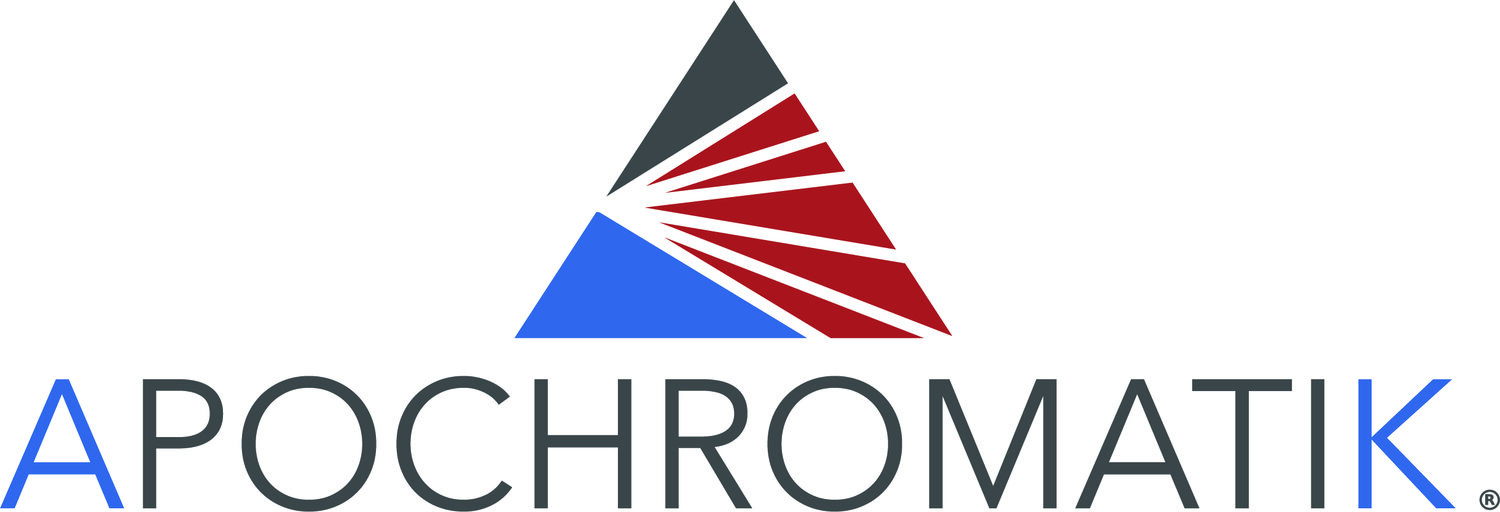Vulnerability Based Trust and Change Management: Keys to Team Driven Leadership
Change is an inevitable part of any organization's journey toward growth and success. Yet whether it's a new manager, a change in team dynamics, or a merger or acquisition, change can be disruptive and challenging to manage. It requires more than just implementing new initiatives or processes; it demands a strong foundation of trust and open communication within the team.
The Role of Trust in Change Management
Trust serves as the bedrock for effective change management. In the context of organizational transformation, trust goes beyond mere reliance on colleagues' integrity or honesty. It encompasses vulnerability-based trust, creating an environment where team members feel safe to admit mistakes, seek help, and provide constructive feedback. Building this type of trust allows individuals to challenge the status quo, express their concerns, and work collaboratively toward solutions. When vulnerability-based trust exists among the entire team, real progress can be made in embracing and responding to change.
The Power of Feedback
One cornerstone aspect of developing a culture of trust to support change is fostering the ability to give and receive feedback. Many organizations struggle with extremes in feedback, either offering vague praise or resorting to harsh criticism. Constructive feedback is essential for growth and improvement, but it must be delivered in a way that promotes learning and development. By creating an atmosphere of trust and psychological safety, teams can engage in candid discussions, exchange feedback, and unlock their full potential.
Navigating Change and Resistance
Ideally, organizations should develop resiliance, enabling teams to navigate change effectively. When teams are unprepared for change, managing it becomes challenging. To address this, tools like force field analysis can help identify the demands of change and the resistance created by the status quo. By gaining clarity on these factors, teams can remove obstacles, gain additional insight, and facilitate a smoother transition.
When significant changes occur within a team or organization, the consequences can be far-reaching. Trust can erode, frustration can mount, and burnout can ensue in an otherwise high functioning team. In such cases, external assistance can be invaluable in facilitating a transition, rebuilding trust, and helping teams cope with the challenges they face.
The Team Driven Leadership Approach
Rather than relying solely on individual leaders to drive change, organizations can adopt a Team Driven Leadership approach. While pushing for increased productivity from above may yield temporary results, true accountability comes from within the team. Productivity driven by shared goals and a sense of commitment fosters loyalty, motivation, and a deeper connection to the organization's mission. This methodology empowers teams to take ownership of their development, aligning their values, mission, and vision with the organization's goals. When providing custom consulting strategies to meet the unique needs of each organization, Apochromatik's approach fosters measurable success and ROI while nurturing a culture of collective leadership.
Final Thoughts
Successfully managing change requires more than just implementing new processes—it requires the cultivation of trust, open communication, and a commitment to continuous improvement. By embracing vulnerability-based trust, fostering a feedback-rich environment, and promoting Team Driven Leadership, organizations can navigate change effectively and unlock their teams' full potential. Investing in these foundational elements lays the groundwork for a resilient culture that embraces transformation, adapts to challenges, and thrives in an ever-evolving business landscape.
At Apochromatik, we understand that each organization is unique, with its own set of challenges and goals. Our consulting approach is highly tailored to meet the specific needs of our clients. By thoroughly understanding an organization's mission, vision, values, and measurable goals, we design interventions that yield tangible results. We ensure that our work is measured by key performance indicators (KPIs), demonstrating both the return on investment and the team or organization's overall success. To learn more about our approach, contact us here.

